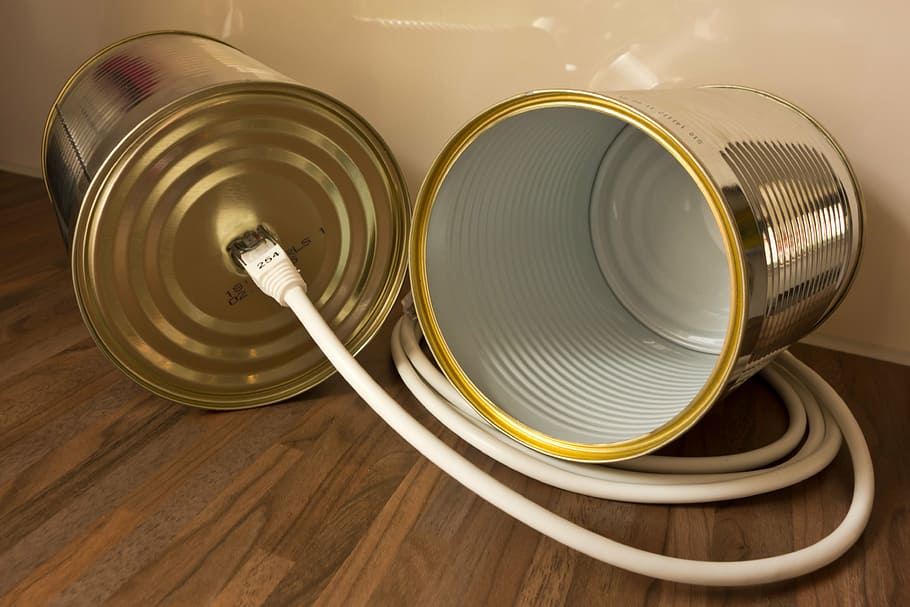An unfortunate side-effect of manufactured spend and churning is that sometimes you’ll have a bank account or credit card shut down. We saw an unusual spike in shutdown reports from Chase starting Wednesday for a group of spenders going bigger than Chase liked (all tied directly to dealings with a private manufactured spend supplement group, so don’t stress that you’re on the chopping block if you don’t know what I’m talking about). The shutdowns weren’t exactly unexpected, but it still sucks for anyone involved.
Let’s talk strategies to protect yourself in case you’re ever staring at the business end of a bank’s shutdown pistol.
Strategy One: Apple Pay
In nearly all bank shutdowns, the first indication of something gone pear-shaped is a notification from Apple Pay that your card was removed from your wallet, and this week’s shutdowns were no different. So an obvious strategy is: add at least one card from each major bank to your Apple Wallet to serve as a shutdown early warning system.
Sorry Android fans, I don’t know of an equivalent early warning on that platform.
Strategy Two: Transfer Points Out
Different banks have different policies for how long you can use or transfer your points after a shutdown (Chase is the most generous here at 30 days, but plenty of other large banks will forfeit your points the day of shutdown). Then, the strategy here is: transfer your points out immediately at the moment your early warning system triggers. And a bonus, secondary strategy: with many banks you can transfer points over the phone with a customer service representative even if the online transfer functionality is disabled.
Strategy Three: The Strike Back
Usually banks are lumbering, decades or centuries old, dysfunctional entities with disparate systems all tied together through an unholy combination of voodoo prayers, Cobol, and Javascript, and as a result when one part of a bank starts a shutdown, other parts of the bank and other computer systems won’t know about it for hours or days. That leads to another strategy: if an early warning system triggers and a card is shutdown, call the bank immediately and close all of your accounts, also known as the strike back.
When you preemptively close all of your accounts, you’re often preventing bank systems from running any business logic on your profile because they’re designed not to operate on closed profiles. So, instead of a system updating a database to mark your social security number as banned, the system moves on and you’ve probably got another shot at being in the bank’s good graces after the dust settles and you open new accounts in the future.
Good luck, and have a nice weekend!

Bank pneumatic tube to ethernet adapters, used as a communication gateway between legacy and modern banking systems.